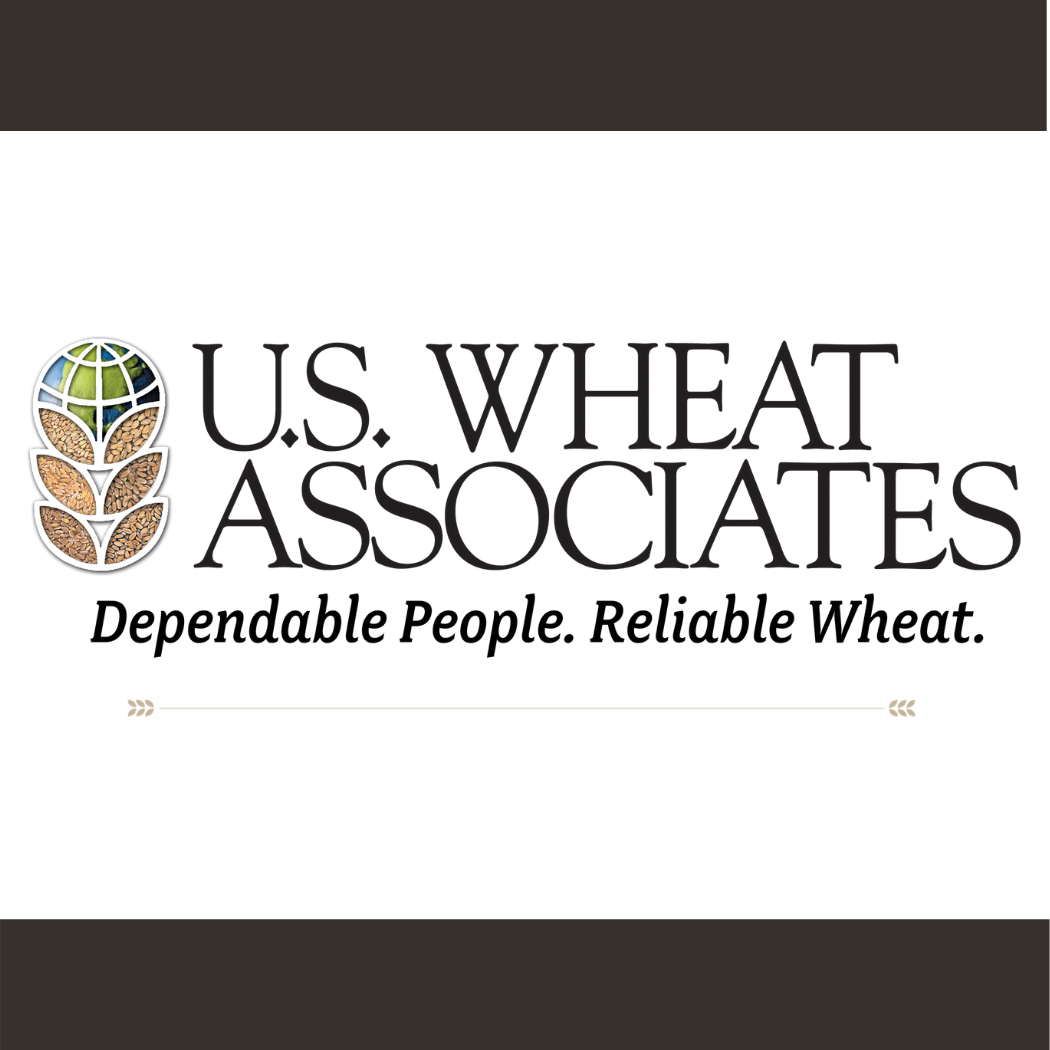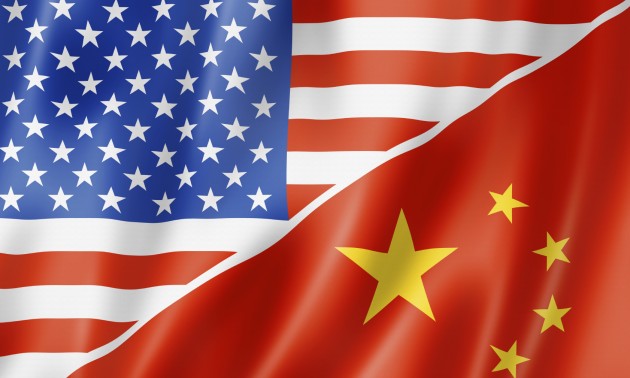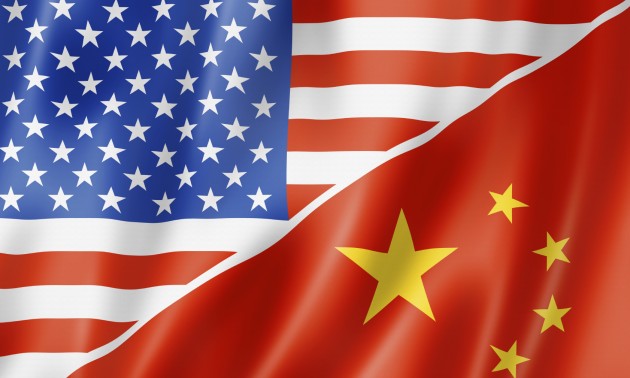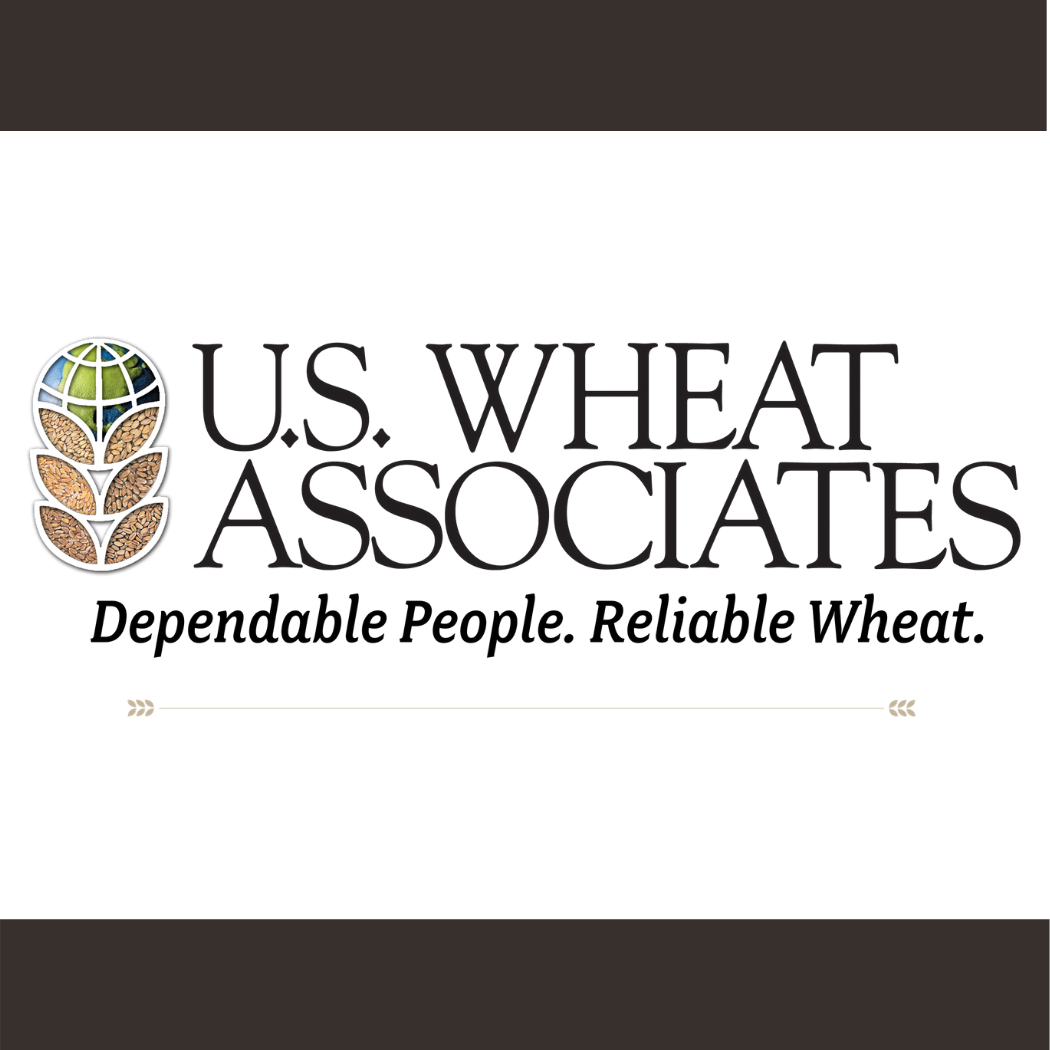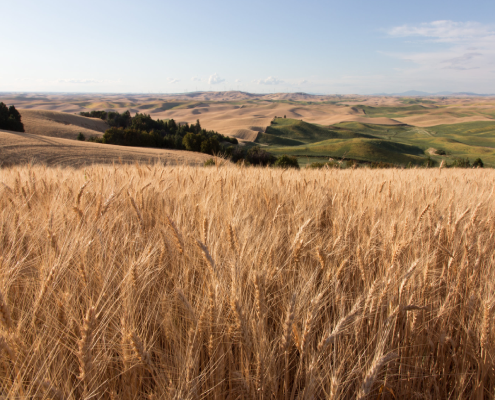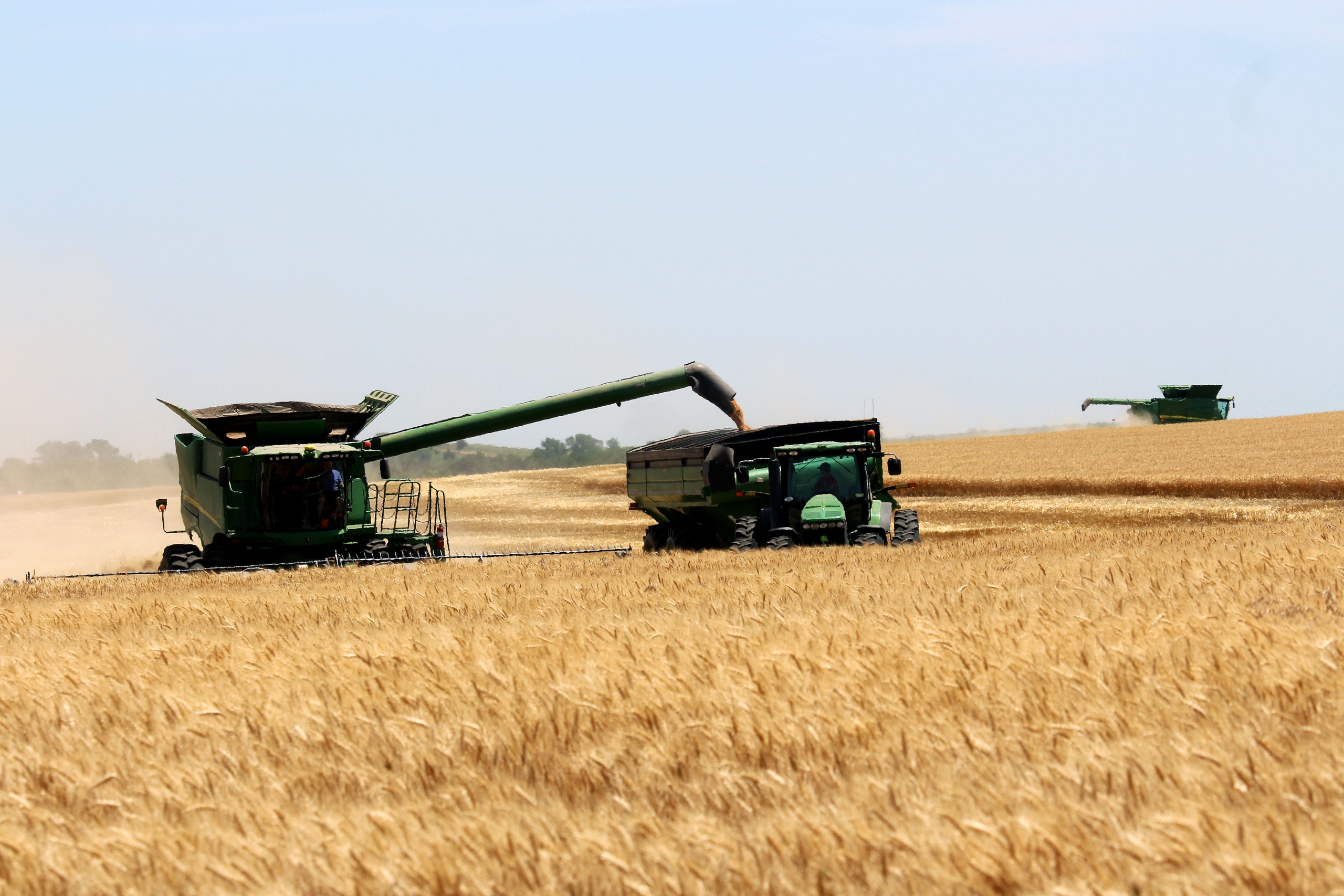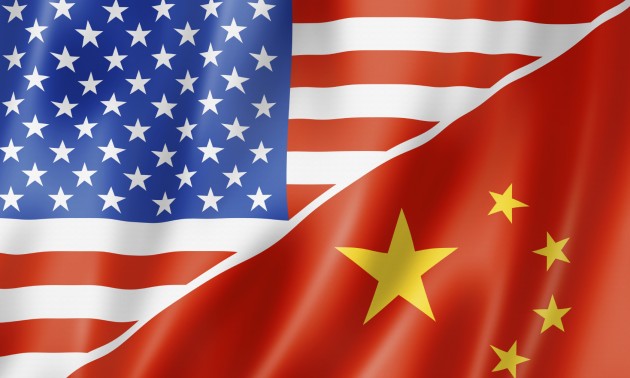ARLINGTON, Virginia — U.S. Wheat Associates (USW) and the National Association of Wheat Growers (NAWG) are very encouraged by the signing of a Phase One trade agreement with China. Chinese imports of U.S. soft white (SW), hard red spring (HRS) and hard red winter (HRW) wheat classes were trending up before abruptly ending when China implemented retaliatory tariffs on U.S. wheat and other agricultural commodities in March 2018.
“Even though China has huge domestic wheat stocks, they were buying more U.S. wheat because they needed it to meet growing demand for higher quality wheat foods,” said Vince Peterson, President of U.S. Wheat Associates (USW), the organization funded by farmers and the U.S. government to promote wheat exports. “The losses we demonstrated soon after China stopped importing U.S. wheat have only grown since then, so we hope the agreement signed today signals a potential turn-around.”
Adding to the optimism is China’s separate agreement to work toward filling its 9.6 million metric ton (MMT) reduced tariff rate quota (TRQ) for wheat imports. If the changes are in fact implemented, and Chinese millers can respond to market signals, most of the TRQ should be used. For U.S. wheat farmers, the Phase One deal and TRQ compliance would create a very welcome opportunity for Chinese miller customers to once again apply the technical expertise and assistance USW provides to use wheat with specialized end-use applications that distinguishes U.S. wheat from domestic Chinese supplies.
“Wheat farmers have experienced the harm of unfair trading practices at the hands of China for far too long, as reinforced by the recent WTO wins. This step forward in negotiations between the U.S and China is a tremendous way to begin the new year,” stated NAWG CEO Chandler Goule. “As part of its Winter Conference this week, NAWG and its states will hold several meetings on The Hill where it will be stressed to Members and staff the need to continue expanding our international markets, including to swiftly move forward with Phase One of U.S.-China trade deal.”
Re-opening China would be a huge lift for wheat farmers who are still producing a quality product in spite of the income challenges they have faced for several years. USW and NAWG want to thank the negotiators in the Office of the U.S. Trade Representative for their dedicated effort to create this opportunity and we look forward to learning more details about the agreement.
“Our organization and the farmers we represent agree with the Trump Administration that China has not been transparent about its protectionist policies,” Peterson said. “Now it remains to be seen if China will comply fully with its WTO commitments and this new agreement so that trade between our two countries can flourish.”
USW and NAWG are especially pleased that the agreement contains structural changes to how U.S. exporters access the Chinese market. U.S. negotiators should be commended for seeing the opportunity to build on our wins at the WTO against China’s TRQ administration and agricultural subsidy policies by including provisions on administration and transparency of policies.
The additional commitments included in the agreement contain important transparency measures, such as reporting on TRQ awards and operation of subsidy programs in addition to reaffirming commitments on eligibility for access to TRQ.
# # #
About U.S. Wheat Associates. USW’s mission is to develop, maintain, and expand international markets to enhance wheat’s profitability for U.S. wheat producers and its value for their customers in more than 100 countries. Its activities are made possible through producer checkoff dollars managed by 17 state wheat commissions and cost-share funding provided by USDA’s Foreign Agricultural Service. For more information, visit our website at www.uswheat.org.
About the National Association of Wheat Growers. NAWG is the primary policy representative in Washington D.C. for wheat growers, working to ensure a better future for America’s growers, the industry and the general public. NAWG works with a team of 20 state wheat grower organizations to benefit the wheat industry at the national levels. From their offices in the Wheat Growers Building on Capitol Hill, NAWG’s staff members are in constant contact with state association representatives, NAWG grower leaders, Members of Congress, Congressional staff members, Administration officials and the public.
Nondiscrimination and Alternate Means of Communications
U.S. Wheat Associates prohibits discrimination in all its programs and activities on the basis of race, color, religion, national origin, gender, marital or family status, age, disability, political beliefs or sexual orientation. Persons with disabilities who require alternative means for communication of program information (Braille, large print, audiotape, etc.) should contact U.S. Wheat Associates at 202-463-0999 (TDD/TTY – 800-877-8339, or from outside the U.S.- 605-331-4923). To file a complaint of discrimination, write to Vice President of Finance, U.S. Wheat Associates, 3103 10th Street, North, Arlington, VA 22201, or call 202-463-0999. U.S. Wheat Associates is an equal opportunity provider and employer.

